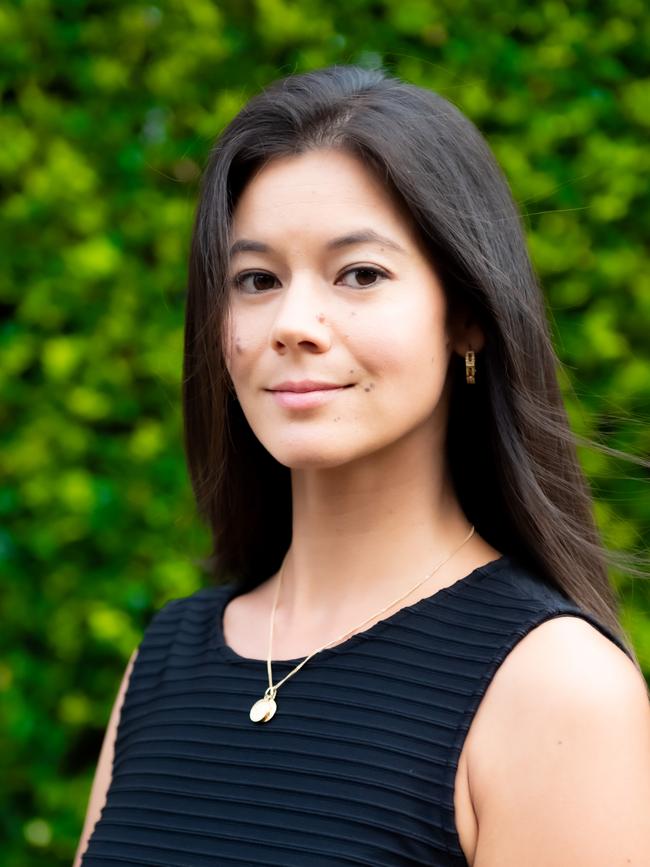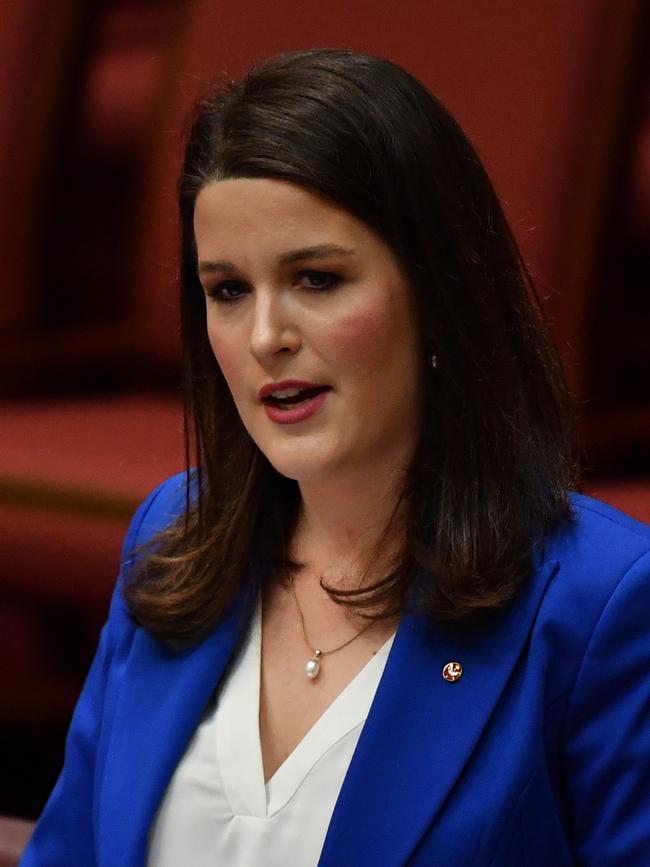ABS criticised for ‘radical gender theory’ over new sex guidelines
Australia’s national statisticians have been accused of adopting ‘radical gender theory’ with new guidelines that state a person’s biological sex can change.
NSW
Don't miss out on the headlines from NSW. Followed categories will be added to My News.
Australia’s national statisticians have been blasted for adopting “radical gender theory” by stating in new guidelines that a person’s biological sex can change over a lifetime.
The Australian Bureau of Statistics (ABS) has also been criticised for not consulting with biologists before changing the way it defines men and women during surveys.
In a new policy guiding how it records data for men and women, the ABS argues a person’s sex — not just gender identity –—can differ from their sex recorded at birth.
“A person’s sex can change over the course of their lifetime and may differ from their sex recorded at birth,” the new standards say.


But Liberal Senator Claire Chandler said that flies in the face of biology.
“It’s absurd to have the nation’s collector of official data openly stating that humans can change sex over the course of their lifetime.
“This is just further evidence that the adoption of radical gender theory is endemic in the public service,” she said.
The ABS revealed it did not speak to biologists, rather it created a working party of sociology academics, the Human Rights Commission, fellow government bureaucrats, Pride in NSW, ACON and the ACT LGBTIQ government office.
Women’s Forum chief executive Rachael Wong said: “The ABS’s statement that ‘a person’s sex can change over the course of their lifetime’ is simply incorrect.”
Feminist Legal Clinic principal solicitor Anna Kerr asked “what source did ABS rely upon in determining that it is possible to change sex chromosomes over one’s lifetime?”
Coalition for Biological Reality spokeswoman Stassja Frei said that while humans could “undergo hormone therapy and cosmetic surgeries to mimic the opposite sex … biological sex is immutable.”
An ABS spokesman said the guidelines were updated to “align with established, contemporary definitions” and that “a person’s sex may differ from that recorded at birth for a variety of reasons”.
“Sex may be legally changed in Australian and other countries’ identity documents … this would include changes as a result of medical procedures such as gender confirmation surgery,” he said.





